To provide the best experiences, we use technologies like cookies to store and/or access device information. Consenting to these technologies will allow us to process data such as browsing behaviour or unique IDs on this site. Not consenting or withdrawing consent, may adversely affect certain features and functions.
The technical storage or access is strictly necessary for the legitimate purpose of enabling the use of a specific service explicitly requested by the subscriber or user, or for the sole purpose of carrying out the transmission of a communication over an electronic communications network.
The technical storage or access is necessary for the legitimate purpose of storing preferences that are not requested by the subscriber or user.
The technical storage or access that is used exclusively for statistical purposes.
The technical storage or access that is used exclusively for anonymous statistical purposes. Without a subpoena, voluntary compliance on the part of your Internet Service Provider, or additional records from a third party, information stored or retrieved for this purpose alone cannot usually be used to identify you.
The technical storage or access is required to create user profiles to send advertising, or to track the user on a website or across several websites for similar marketing purposes.
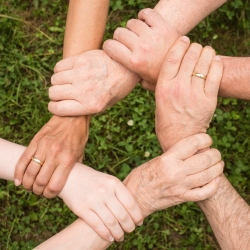 Around a half (51 percent) of employees believe job security and flexibility (40 percent) are more important than salary (32 percent) when considering whether to remain at their current employer, according to a new report by UK law firm, Winckworth Sherwood. More →
Around a half (51 percent) of employees believe job security and flexibility (40 percent) are more important than salary (32 percent) when considering whether to remain at their current employer, according to a new report by UK law firm, Winckworth Sherwood. More →



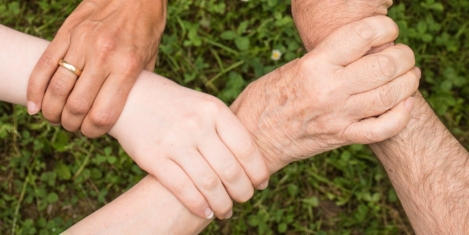
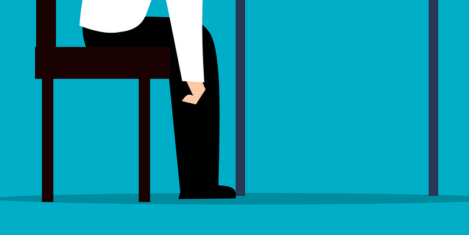
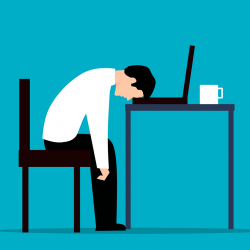 A
A 




 During the pandemic, 1 in 4 (25 percent) employees say they’ve had no wellbeing check-ins from their workplace. The research from
During the pandemic, 1 in 4 (25 percent) employees say they’ve had no wellbeing check-ins from their workplace. The research from 
 The cost of poor company culture is a staggering £20.2 billion per year, according to research from HR software provider
The cost of poor company culture is a staggering £20.2 billion per year, according to research from HR software provider 
 The UK COVID-19 vaccination
The UK COVID-19 vaccination 
 A new in-depth
A new in-depth 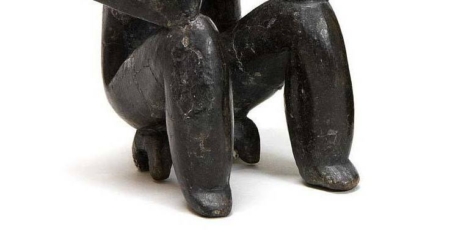
 We are scarcely nine months into the Covid-19 pandemic, after a long spring and harsh summer. Social distancing has led to remote working becoming widespread, leading to doubts regarding the office’s long-term relevance. However, Jones Lang LaSalle (JLL) argues in a recent
We are scarcely nine months into the Covid-19 pandemic, after a long spring and harsh summer. Social distancing has led to remote working becoming widespread, leading to doubts regarding the office’s long-term relevance. However, Jones Lang LaSalle (JLL) argues in a recent 
 Individuals with low mindfulness exhibit more uncivil behaviour at work and are least civil on Monday before improving throughout the week, claims new research from
Individuals with low mindfulness exhibit more uncivil behaviour at work and are least civil on Monday before improving throughout the week, claims new research from 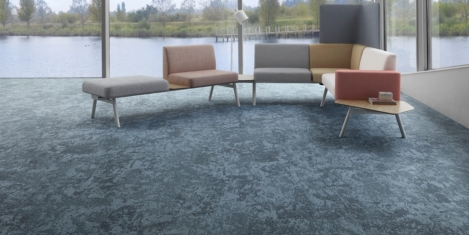
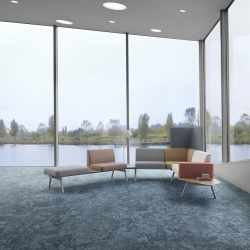 The pandemic has certainly opened our eyes to the importance of constantly washing our hands, sterilising everything in sight and realising just how far germs can travel through the air, causing us to wince at the thought of a time where we huddled on public transport without masks. However, as we contemplate heading back to the office in the near future, businesses need to translate these learnings into workplace design and move indoor air quality to the top of the agenda.
The pandemic has certainly opened our eyes to the importance of constantly washing our hands, sterilising everything in sight and realising just how far germs can travel through the air, causing us to wince at the thought of a time where we huddled on public transport without masks. However, as we contemplate heading back to the office in the near future, businesses need to translate these learnings into workplace design and move indoor air quality to the top of the agenda. 














March 19, 2021
We can design kindness into working life just as easily as unkindness
by Joanna Suvarna • Comment, Wellbeing, Working culture